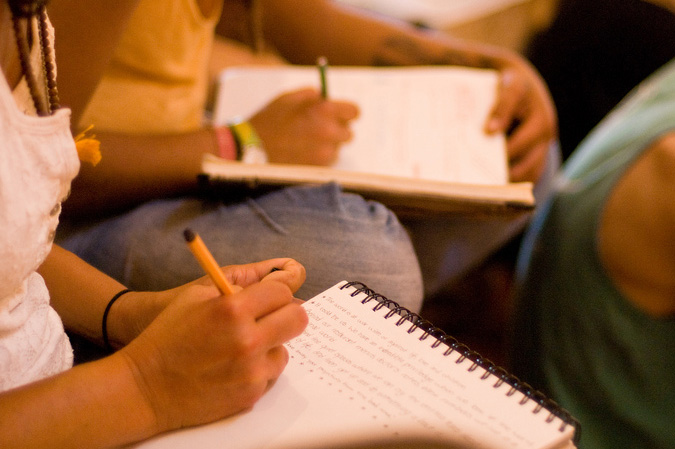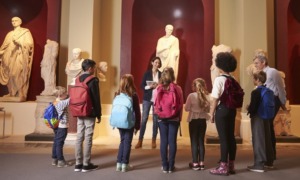 In New York, advocates are holding their breath as the state is poised to fund after-school programs at a much higher level than before.
In New York, advocates are holding their breath as the state is poised to fund after-school programs at a much higher level than before.
If Gov. Andrew Cuomo’s budget proposal is adopted, New York funding for afterschool would be second only to California, said Nora Niedzielski-Eichner, director of the New York State Afterschool Network.
When the governor’s budget was unveiled Jan. 21, Niedzielski-Eichner was startled. “I nearly fell out of bed,” she said. Cuomo had proposed a new $160 million for the 2015-16 school year, double what the state had provided at its highest peak before the recession. The money would be allocated over five years, totaling $720 million to expand after-school programs for middle-school students. An estimated 100,000 children would be served the first year, with revenue coming from casino fees.
But will the state Assembly go for it? Committees in both chambers began looking at the budget on Tuesday. State law requires that a budget be passed by the end of March.
New York’s actions could signal a shift nationally, Niedzielski-Eichner said. States cut funding during the recession, but the economy has improved.
Erik Peterson, vice president of policy for the Afterschool Alliance said:
“We’re hopeful we’ll … start to see some of that funding coming back.”
Earlier this month, the Utah state Senate passed a bill to provide $5 million in grants, but the measure awaits a House decision. In addition, Illinois has authorized $10 million for after-school programs this year to be administered by the Illinois Criminal Justice Authority.
In New York a combination of factors may be at work.
Cuomo has been interested in developing new approaches to education. In 2012, he created an Education Reform Commission that in 2014 recommended a major upgrade of classroom technology and backed universal pre-kindergarten.
The reform commission brought attention to various education models, Niedzielski-Eichner said, supporting the idea that after-school programs could be part of the process.
New York City Mayor Bill de Blasio came into office in early this year with education at the top of his agenda, calling for universal pre-kindergarten and focusing on both school and afterschool programs.
“That raised the profile of the issue,” she said.
The New York State Afterschool Network has worked to build a relationship with the governor’s office and believes their effort has given the governor’s staff an increased understanding of education and afterschool issues, Niedzielski-Eichner said.
Photo by Simon du Vinage | Flickr































